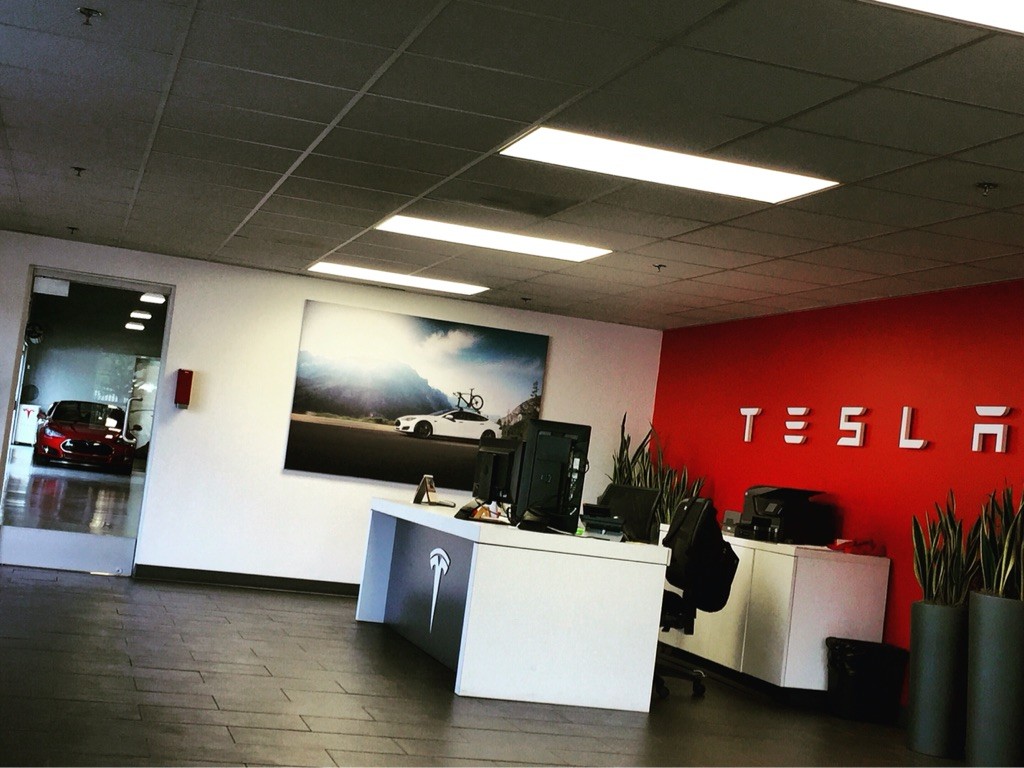News
Elon Musk Named Most Influential Person In The Car Business
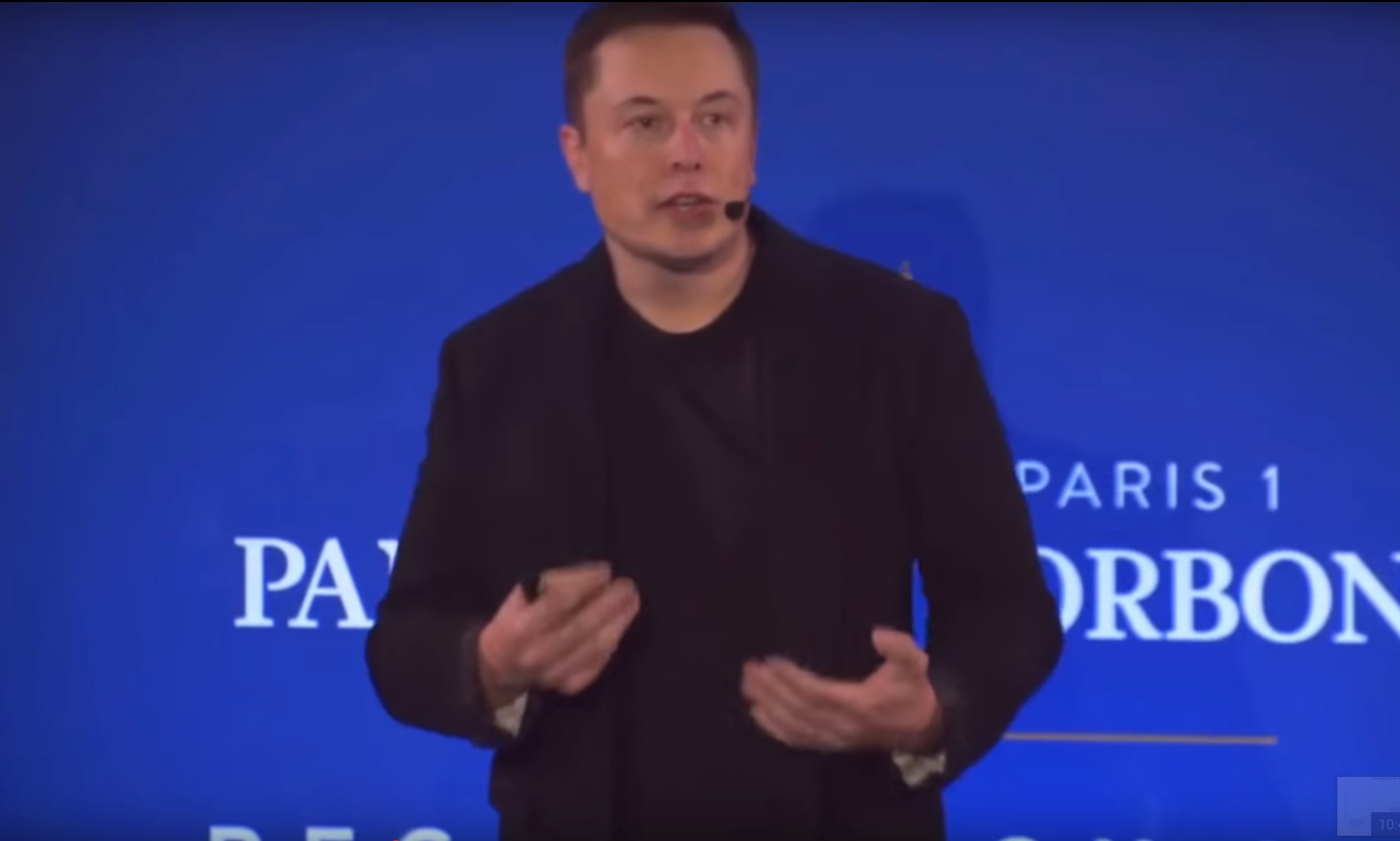
The Drive, a division of Time magazine, has named Elon Musk the most influential person in the car business. It also lists Musk as the second most influential person in the automotive tech sector, after John Krafcik, the CEO of Google Self-Driving Cars. Musk tops the car business list because of his determination to sell Tesla automobiles directly to the public without using traditional factory authorized dealers.
Direct sales are now permitted in California, New York, and Florida, as well as seventeen other states. The company just lost its bid to add Connecticut and North Carolina to that list, but The Drive thinks it is just a matter of time before other states fall in line.
One of the main drivers of the direct sales model is Musk’s belief that traditional dealers cannot or will not market electric cars properly to the public. Musk calls it a conflict of interest since electric cars like Tesla are primarily designed to get people to stop buying traditional cars and start buying electrics.
Electric cars are still an unknown quantity to the vast majority of potential buyers. People usually have lots of questions about range and where to find charging stations and a hundred other things. The sales process for electric cars needs to be more of a consultation and less of a high pressure process Musk belives. Most sales people are incentified to sell as many cars as possible each month to maximize their income. They have no desire to slow the process down for the convenience of the customer.
Dealers often rely on their service departments for the majority of their income. With electric cars normally requiring less frequent routine maintenance, that’s another reason why conventional dealers are less interested in selling electric cars.
Tesla’s decision to begin production of the Model 3 earlier than expected and to ramp up production to 500,000 cars a year a full two years ahead of schedule has created quite a stir in the industry. Chevrolet says it is planning to build 30,000 of its Bolt electric cars a year but some analysts predict sales could be double that.
But why should one of the oldest and most successful car companies in the world settle for selling a tiny fraction as many cars as Tesla? The answer is that traditional manufacturers are anxious to protect their business of selling cars with internal combustion engines. They simply do not have the unshakable commitment to weaning the world off fossil fuels the way Musk and Tesla do.
It is the single minded dedication to a core philosophy that set Tesla apart from all the other car makers. That’s the reason Elon Musk is the most influential person in the car business.
Source: The Drive

News
Tesla rolls out new Supercharging safety feature in the U.S.
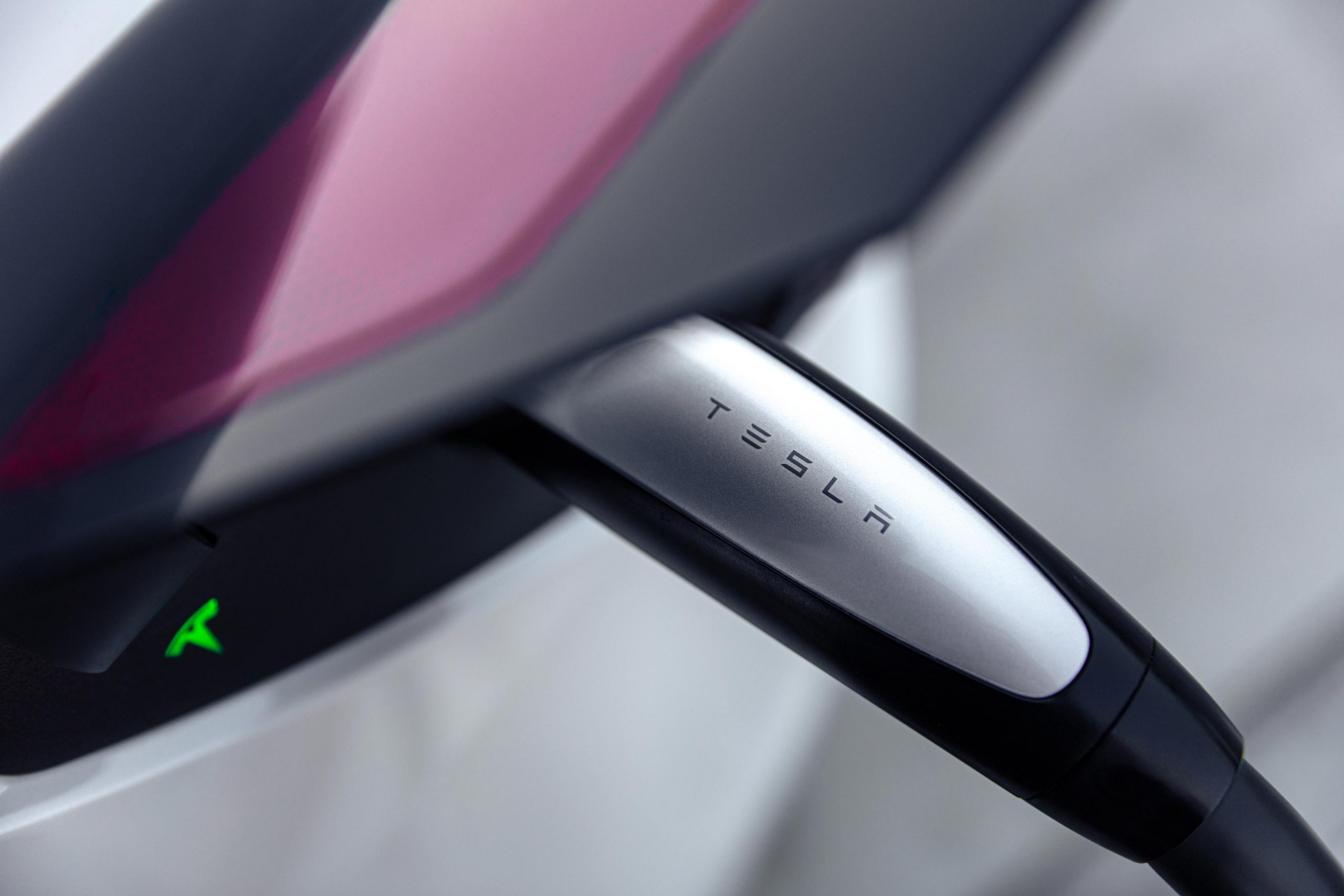
Tesla has rolled out a new Supercharging safety feature in the United States, one that will answer concerns that some owners may have if they need to leave in a pinch.
It is also a suitable alternative for non-Tesla chargers, like third-party options that feature J1772 or CCS to NACS adapters.
The feature has been available in Europe for some time, but it is now rolling out to Model 3 and Model Y owners in the U.S.
With Software Update 2026.2.3, Tesla is launching the Unlatching Charge Cable function, which will now utilize the left rear door handle to release the charging cable from the port. The release notes state:
“Charging can now be stopped and the charge cable released by pulling and holding the rear left door handle for three seconds, provided the vehicle is unlocked, and a recognized key is nearby. This is especially useful when the charge cable doesn’t have an unlatch button. You can still release the cable using the vehicle touchscreen or the Tesla app.”
The feature was first spotted by Not a Tesla App.
This is an especially nice feature for those who commonly charge at third-party locations that utilize plugs that are not NACS, which is the Tesla standard.
For example, after plugging into a J1772 charger, you will still be required to unlock the port through the touchscreen, which is a minor inconvenience, but an inconvenience nonetheless.
Additionally, it could be viewed as a safety feature, especially if you’re in need of unlocking the charger from your car in a pinch. Simply holding open the handle on the rear driver’s door will now unhatch the port from the car, allowing you to pull it out and place it back in its housing.
This feature is currently only available on the Model 3 and Model Y, so Model S, Model X, and Cybertruck owners will have to wait for a different solution to this particular feature.
News
LG Energy Solution pursuing battery deal for Tesla Optimus, other humanoid robots: report
Optimus is expected to be one of Tesla’s most ambitious projects, with Elon Musk estimating that the humanoid robot could be the company’s most important product.
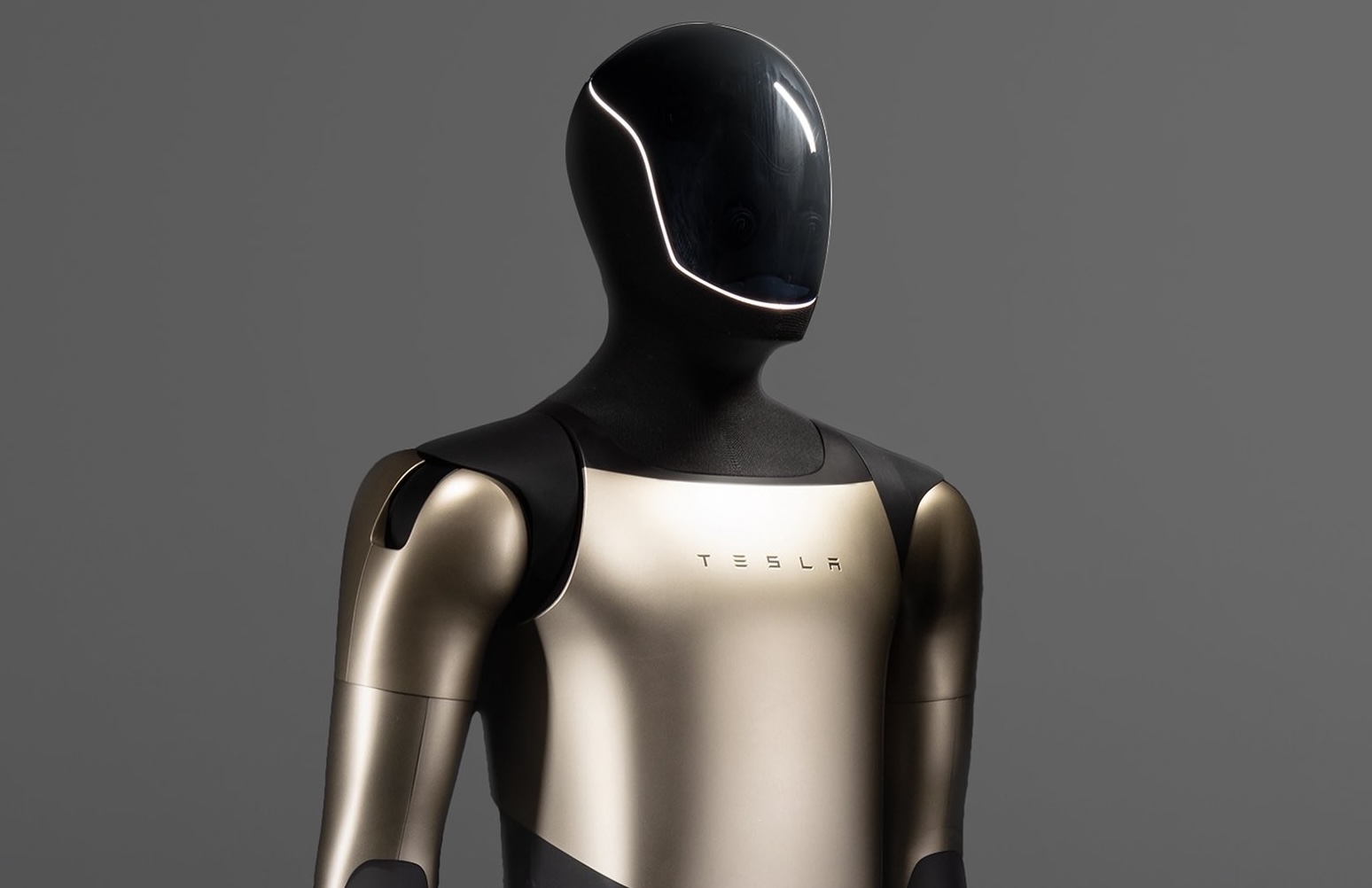
A recent report has suggested that LG Energy Solution is in discussions to supply batteries for Tesla’s Optimus humanoid robot.
Optimus is expected to be one of Tesla’s most ambitious projects, with Elon Musk estimating that the humanoid robot could be the company’s most important product.
Humanoid robot battery deals
LG Energy Solution shares jumped more than 11% on the 28th after a report from the Korea Economic Daily claimed that the company is pursuing battery supply and joint development agreements with several humanoid robot makers. These reportedly include Tesla, which is developing Optimus, as well as multiple Chinese robotics companies.
China is already home to several leading battery manufacturers, such as CATL and BYD, making the robot makers’ reported interest in LG Energy Solution quite interesting. Market participants interpreted the reported outreach as a signal that performance requirements for humanoid robots may favor battery chemistries developed by companies like LG.
LF Energy Solution vs rivals
According to the report, energy density is believed to be the primary reason humanoid robot developers are evaluating LG Energy Solution’s batteries. Unlike electric vehicles, humanoid robots have significantly less space available for battery packs while requiring substantial power to operate dozens of joint motors and onboard artificial intelligence processors.
LG Energy Solution’s ternary lithium batteries offer higher energy density compared with rivals’ lithium iron phosphate (LFP) batteries, which are widely used by Chinese EV manufacturers. That advantage could prove critical for humanoid robots, where runtime, weight, and compact packaging are key design constraints.
News
Tesla receives approval for FSD Supervised tests in Sweden
Tesla confirmed that it has been granted permission to test FSD Supervised vehicles across Sweden in a press release.
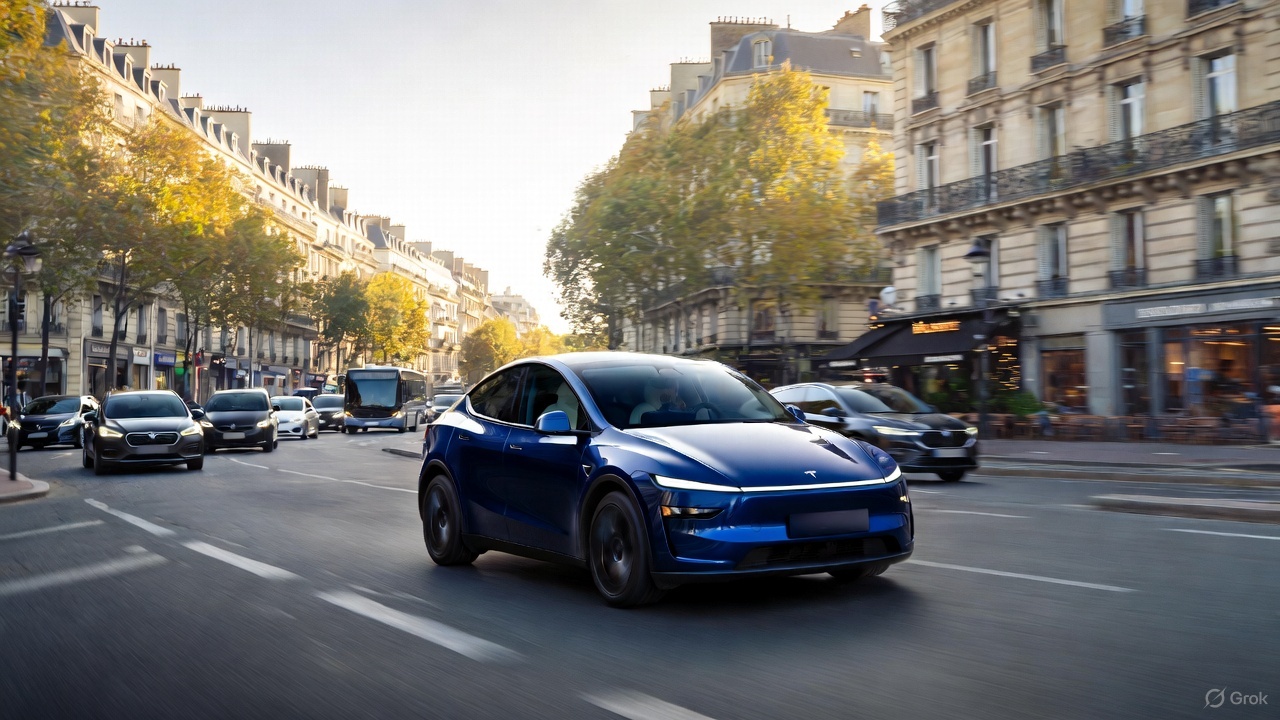
Tesla has received regulatory approval to begin tests of its Full Self-Driving Supervised system on public roads in Sweden, a notable step in the company’s efforts to secure FSD approval for the wider European market.
FSD Supervised testing in Sweden
Tesla confirmed that it has been granted permission to test FSD Supervised vehicles across Sweden following cooperation with national authorities and local municipalities. The approval covers the Swedish Transport Administration’s entire road network, as well as urban and highways in the Municipality of Nacka.
Tesla shared some insights into its recent FSD approvals in a press release. “The approval shows that cooperation between authorities, municipalities and businesses enables technological leaps and Nacka Municipality is the first to become part of the transport system of the future. The fact that the driving of the future is also being tested on Swedish roads is an important step in the development towards autonomy in real everyday traffic,” the company noted.
With approval secured for FSD tests, Tesla can now evaluate the system’s performance in diverse environments, including dense urban areas and high-speed roadways across Sweden, as noted in a report from Allt Om Elbil. Tesla highlighted that the continued development of advanced driver assistance systems is expected to pave the way for improved traffic safety, increased accessibility, and lower emissions, particularly in populated city centers.
Tesla FSD Supervised Europe rollout
FSD Supervised is already available to drivers in several global markets, including Australia, Canada, China, Mexico, New Zealand, and the United States. The system is capable of handling city and highway driving tasks such as steering, acceleration, braking, and lane changes, though it still requires drivers to supervise the vehicle’s operations.
Tesla has stated that FSD Supervised has accumulated extensive driving data from its existing markets. In Europe, however, deployment remains subject to regulatory approval, with Tesla currently awaiting clearance from relevant authorities.
The company reiterated that it expects to start rolling out FSD Supervised to European customers in early 2026, pending approvals. It would then be unsurprising if the company secures approvals for FSD tests in other European territories in the coming months.
